Tag Archive: emergence
May 29, 2012
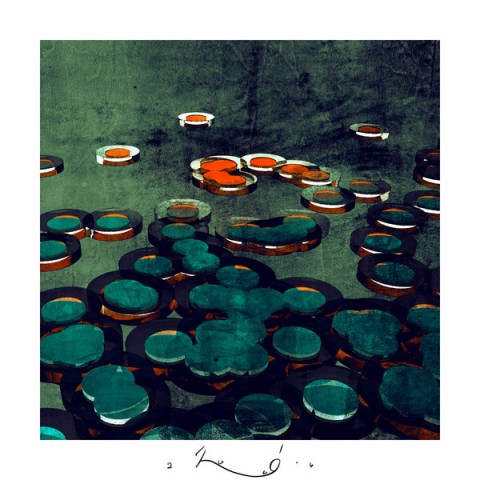
I’m a huge fan of Kevin Kelly. I really think of him as the prophet of the digital age. He has done lots around complexity. And he has spent time looking at swarms. In “Bootstrapping Comlexity,” Andrea Lloyd’s “remix” of Kelly’s book “Out of Control” we find a useful list of benefits and apparent disadvantages of swarm systems.
Read More
May 21, 2012

I just read a helpful Upmarket blog post on the distinction between strategy and tactic. It was almost a relief to know that the business sector also struggles with the distinction. Confusing these two terms has led to a lot of trouble in our work for social change.
Read More
May 21, 2012
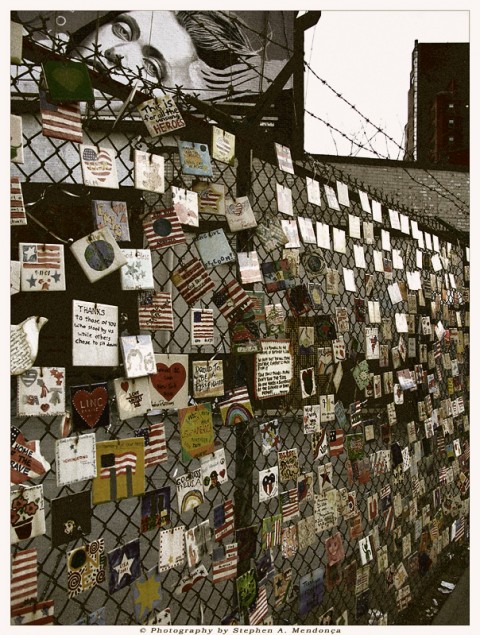
You’ve heard that “it takes a village to raise a child.” It also takes a village to make an IISC engagement happen. I want to raise up a shout out and express my grateful for the excellence with which our colleagues do the detailed behind-the-scenes work that makes IISC’s practice possible.
Read More
May 15, 2012

I’m just coming out of a mind bending, heart expanding retreat with Orland Bishop, Rachel Bagby and the Barr Fellows Network. It was one of those experiences that is hard to put into words. For lack of a better word, and I hope Orland doesn’t mind this, it was more like being with a shaman than with a facilitator.
Orland led us in an exploration of intention and attention as he invited us to question how we relate to reality itself. He led with the idea that our relationships – and therefore our human experience – can be radically redefined if we make it our purpose to truly understand the other; and to do it with radical acceptance.
Read More
May 14, 2012
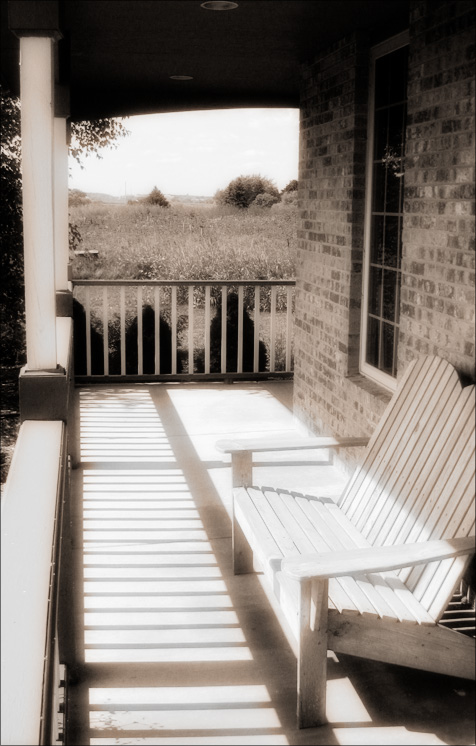
Two things reminded me of the power of design and physical space this week. First, in a workshop for Juvenile Justice leaders, the 12 participants were seated at three tables. It was a cozy arrangement and the tables were useful for handling the volume of materials they were using. After a morning focused on race, class and culture dialogue skills, we brought the chairs together in a circle in the front of the room to close a segment of the conversation. I asked folks how that arrangement felt and they say “Good!!” There’s nothing like removing physical barriers and enabling everyone to see everyone else easily to foster relational and conversational intimacy!
Read More
April 23, 2012
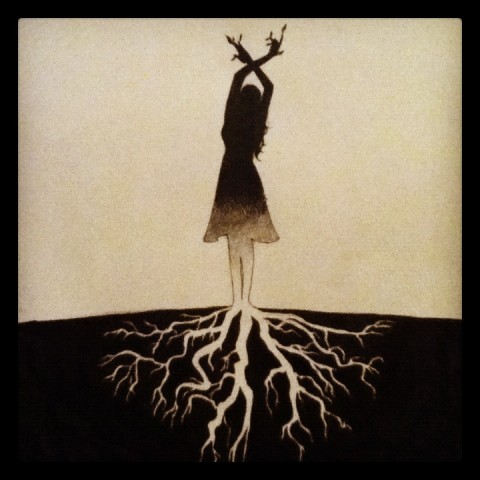
Wonder why I’m passionate about collaborative process and strong, creative process design?
Join us at Fundamentals of Facilitation for Racial Justice Work on May 8-9 in Boston to explore these ideas and more!
You can’t have peace or justice without it. Consider the following:
“Peace comes from being able to contribute the best that we have, and all that we are, toward creating a world that supports everyone. But it is also securing the space for others to contribute the best that they have and all that they are.” So says Nigerian human rights and democracy activist, Hafsat Abiola. Her words echo those of John Paul Lederach , who wrote in The Moral Imagination that peace is not a condition—a process through which people can build relationships conflicting parties and continually engage to create a reality where “the other” continues to exist.
Read More
April 13, 2012
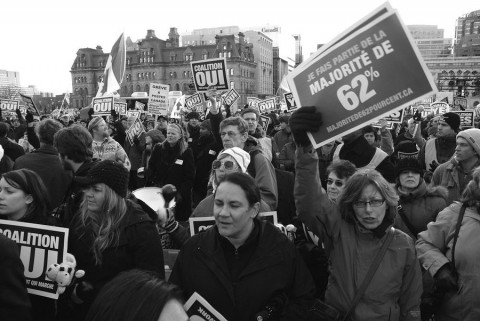
I am a big fan of Seth Godin. But this particular post seems to be extra relevant! Those of us that are working for justice too often get caught up in the dead-end negativity he describes. But thankfully we are also at a moment of transition! And more and more of us are stepping boldly into the future with a passionate and resounding YES!
Read More
April 6, 2012
“The most sustainable impact comes from our deriving meaning and then connecting that meaning to our purpose, to what we stand for, and to the contributions we make.”
-Dr. Monica Sharma

There is something about the invitation to health and wholeness and to talking about how to measure it that seems to be a real draw to our Whole Measures workshop, which we offer jointly with the Center for Whole Communities. I can see it in the eyes of many participants as they walk into the room – “Tell us how!” And there is a bit of a disruptive experience that occurs when we let people know it is not so formulaic. One of my favorite quotes comes from my mentor Carol Sanford who has said, “Best practice obliterates essence,” and I think it really applies to what we are talking about here. Read More
April 3, 2012
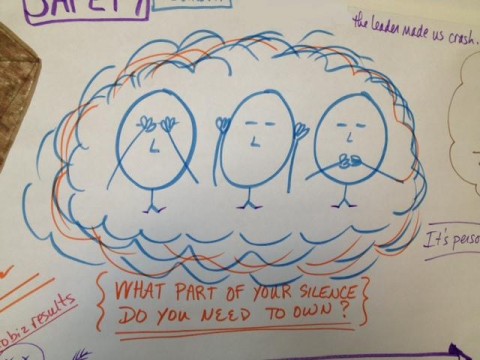
I caught this drawing posted among many other charts in IISC Learning Center. It caught my attention. I have long been familiar with the idea that silence equals complicity. But I always applied it to movement and our work for justice. I never quite thought of it as applying to organizational dynamics.
Read More
April 2, 2012
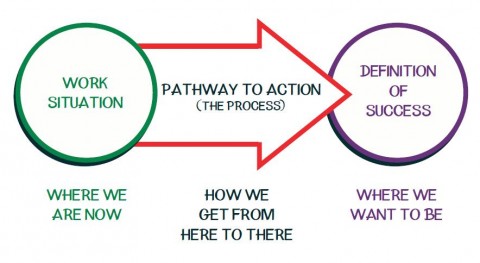
Last week, I had the privilege of spending a few hours with a delegation from Egypt—four young men who were involved in the April 6th revolution and continue to work for democracy in Egypt. They were at the end of a three week tour of the U.S. focused on the role of social media in politics and elections.They were frankly surprised that here, in the country that gave birth to Facebook, Twitter and Google, we not doing more with social media to advance our democracy. Their visit with IISC was to focus on some of the social technology that fuels social change work. Still, I thought to myself, “No pressure!”
Read More
March 30, 2012

“The New American Academy does a tremendous job of nurturing relationships. Since people learn from people they love, education is fundamentally about the relationship between a teacher and student.”
The following post is a commentary from Stowe Boyd – The New American Academy: Post-Industrial At Last. It called my attention because it makes a link between education and collaboration, learning and relationship. See what you all think!
Read More
March 27, 2012
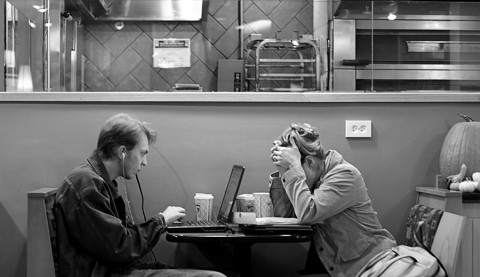
Hell is a place where nothing connects with nothing
-T. S. Eliot, Introduction to Dante’s Inferno.
Our friend and colleague Roberto Cremonini recently shared the above quote with a budding community of practice coming together around networks. It is the epigraph to Imagine, Jonah Lehrer’s latest book on creativity. It seems to make more sense today than ever before. The whole is greater than the sum of its parts. We are social animals. Makes me think of the definition of Ubuntu – I am because we are.
Read More











